Her area of expertise is planetary protection and international security, Haritina is also a biosecurity risk analyst for the Ministry for Primary Industries, New Zealand. She is interested in understanding how using the experience we gain in biosecurity here on Earth can inform space exploration and protect life.
Haritina is also a founding board member of Kiwispace, New Zealand Mars Society and an avid science communicator interested in the cross-pollination between science and culture. Her journey saw her teaching about the New Zealand night sky since 2005 at Carter Observatory as a planetarian, and managed the Visitor Experience department, she was also the first New Zealander to lead a crew at the Mars Desert Research Station in Utah (KiwiMars2012). There she undertook analog studies about Mars and subsequently lead a series of outreach and science projects, Tasmars 2013, World Space Week Mars Mission 2013, Spaceward Bound New Zealand 2015 and Spaceward Bound New Zealand for Youth 2016. In 2014 she had an internship at NASA Ames where she studied planetary protection. She is the producer of New Zealand’s first astrophotography magazine, Milky Way Kiwi, which now morphed into an online platform for analysis of space issues and space education: www.milky-way.kiwi
Haritina was educated in Romania, in horticultural engineering and has a Masters in Environmental Management and recently completed a Masters in International Security in Intelligence at Massey University. She was inspired to come to New Zealand to see the stars of the Southern Hemisphere, in particular Canopus. She was nominated for the Wellingtonian of the year award in 2015, and awarded the International Year of Astronomy 2009 certificate of appreciation and holds the honour of having Asteroid 7101 Haritina named after her.
